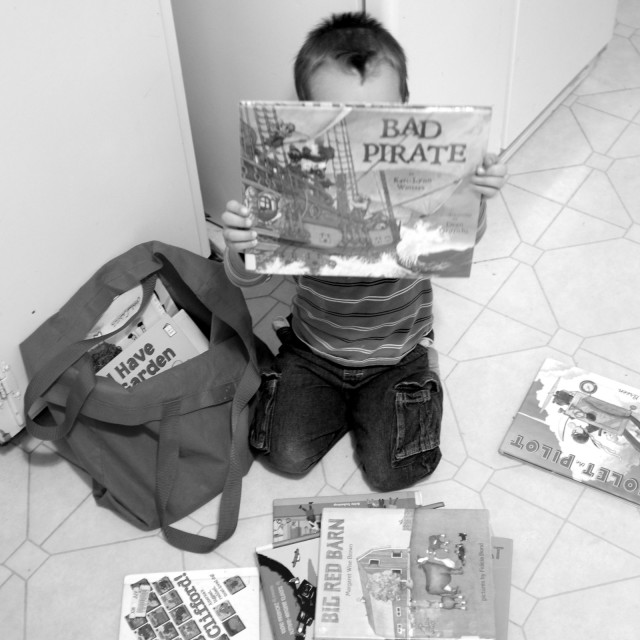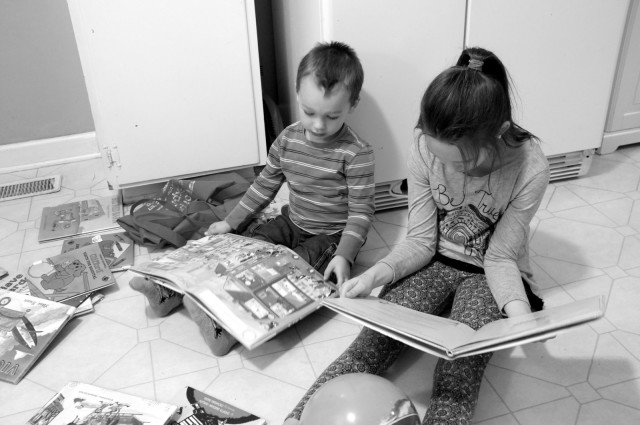I give the students the same information every year, but this year, I decided to break it down in a letter. Dear student, you recently took the MAP test, which measures your reading progress. And so on and so on. It’s a mail merge, so “student” is replaced with the kid’s name, and all the details are individualized. Like the winter score. Like its grade-level equivalent. It’s bound to be a disheartening moment for some: I’m not sure they’ve ever been told point blank, “Your reading scores indicate that you’re reading at a second-grade level.” How do you take the news that your skills are six years behind where they should be?
There are a number of reasons one could posit for this, and for each, a exception: For some, it’s a question of limited English exposure at home. But I have Latino students in my honors high school courses as well. For others its a question of limited access to books. But I have such students in my honors high school courses as well, and they solve the problem by basically camping out in the school library. No role model in the immediate family to provide the support necessary. But I’ve had students in my honors high school courses who’d never even met their biological father.
At times they seem like excuses, at times they seem like legitimate — and tragic — explanations. Whatever the case, they’re my charge, and I’m tasked with reversing the trend. Some days, though, it just feels like I’m making the situation worse still.

